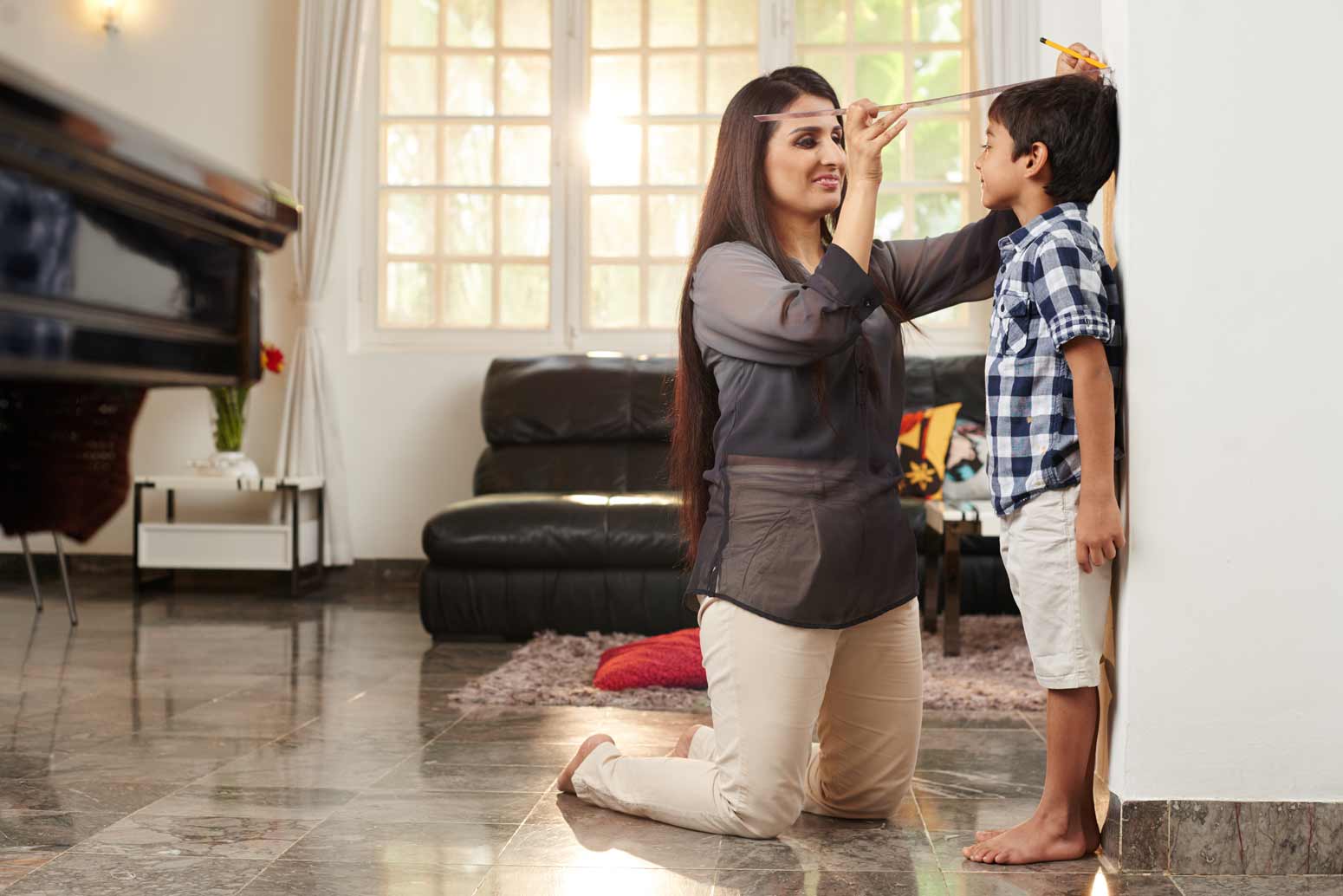My husband and I were watching a singing competition the other night, and I noticed an interesting trend during the competitors’ interviews. Time after time, the contestants made similar claims. The reason they were standing there, taking a televised risk, was because of their father or father figure. For most, the influence of a positive male role model made a difference in their lives. It’s what made them a strong kid, promoting an overall confidence and a healthy self-esteem. The kind of confidence you need to pursue big dreams.
This observation sparked a new curiosity within me. Why do fathers make such an impact? What is it about a dad’s role, specifically, that seems to almost make or break a child?
While Grit and Grace Life is focused on creating a community of strong women, that doesn’t mean we ignore men. Quite the contrary, we highly esteem our male counterparts. While men and women are equal in dignity, ability, and purpose, we believe there are differences between the sexes—and for good reason. Both men and women bring unique strengths to the table, and today, on Father’s Day, it seems appropriate to highlight the distinct ways dads impact their children.
How Research Has Proven the Importance of Dads
I’m sure many would agree that fathers make a difference in their children’s lives, but a little research proved to me just how much of a difference they can make. According to a study done at the University of Florida, an involved father helps develop cognitive thinking, promotes social skills, decreases the likelihood of getting into trouble, positively influences academic achievements and future career success, decreases boys’ problem behaviors, promotes better mental health (especially in girls), and the list goes on…

Dr. David Popenoe, a professor of sociology emeritus and co-director of The National Marriage Project at Rutgers University, wrote in his book, Life Without Father, that fathers “bring positive benefits to their children that no other person is likely to bring…They have a parenting style that is significantly different from that of a mother, and that difference is important in healthy child development.”
How Fathers Influence Their Children
One way that fathers influence their children is the type of play they promote. Popenoe describes some of these differences in play between men and women here:
“For example, an often-overlooked dimension of fathering is play. From their children’s birth through adolescence, the father’s style of play seems to have unusual significance. It is likely to be both physically stimulating and exciting. With older children it involves more physical games and teamwork requiring the competitive testing of physical and mental skills. It frequently resembles an apprenticeship or teaching relationship: come on, let me show you how.
Mothers typically spend more time playing with their children, but theirs is a different kind of play. Mothers’ play tends to take place more at the child’s level. Mothers provide the child with the opportunity to direct the play, to be in charge, to proceed at the child’s own pace.”
He goes on to explain how these specific styles of parenting and play instill different things in children:
“At play and in other realms fathers tend to stress competition, challenge, initiative, risk-taking and independence. Mothers, in contrast, stress emotional security and personal safety. On the playground, fathers will try to get the child to swing ever higher, higher than the person on the next swing, while mothers will be cautious, worrying about accidents.
It’s sometimes said that fathers express more concern for the child’s longer term development, while mothers focus on the child’s immediate well-being (which, of course, in its own way has everything to do with a child’s long-term well-being.) What is clear is that children have dual needs that must be met. Becoming a mature and competent adult involves the integration of two often-contradictory human desires: for communion, or the feeling of being included, connected, and related, and for agency, which entails individuality and independence. One without the other is a denuded and impaired humanity, an incomplete realization of the human potential.
Perhaps this is exactly why all of those grown-up children were standing there on TV, willing to lay it all on the line… Because they had dads who pushed them out of their comfort zones. It seems that fathers, almost instinctually, give their children the tools they need to pursue their dreams by encouraging risk-taking, instilling a competitive drive, and encouraging them to push past their perceived limits. In fact, an article on Focus on the Family affirms and expands on this by saying:
“Dads, for instance, love their children ‘more dangerously.’ That’s because they play ‘rougher’ and are more likely to encourage risk-taking. They provide kids with a broader diversity of social experiences. They also introduce them to a wider variety of methods of dealing with life. They tend to stress rules, justice, fairness, and duty in discipline. In this way, they teach children the objectivity and consequences of right and wrong. They give kids insight into the world of men. They prepare them for the challenges of life and demonstrate by example the meaning of respect between the sexes…
Fathers encourage competition, engendering independence. Mothers promote equity, creating a sense of security. Dads emphasize conceptual communication, which helps kids expand their vocabulary and intellectual capacities. Moms major in sympathy, care, and help, thus demonstrating the importance of relationships. Dads tend to see their child in relation to the rest of the world. Moms tend to see the rest of the world in relation to their child. Neither style of parenting is adequate in and of itself. Taken together, they balance each other out and equip the up-and-coming generation with a healthy, well-rounded approach to life.”
“Fathers have a parenting style that is significantly different from that of a mother, and that difference is important in healthy child development.” -Dr. David Popenoe
What I love about these articles and research is that we are able to see the unique role a father plays in his child’s life without discounting a mother’s. Each parent is vital, and when both are contributing it helps shape a healthy, well-balanced child. Each parent’s influence seems to produce unique, important outcomes. (This is not to say that women can’t encourage the same qualities that men do in their children, but simply that they seem to come from the father by nature, as seen even in the way they play and engage with their children.)
Here at Grit and Grace Life we are devoted to supporting and inspiring strong women, but we also zealously champion our male counterparts. We value men. We believe in them. We want them in our lives and in the lives of our children. But we also believe they are different from us, and we are thankful for that! The world is a more complete place with both men and women working together. It’s a perfect design.
So today, we are showing our love and appreciation for the men who lean into the great privilege and responsibility of fatherhood with grit and grace.
Disclosure: Some of the links above are affiliate links, meaning, at no additional cost to you, Grit and Grace Life will earn a commission if you click through and make a purchase.
—
You’ll enjoy this podcast episode from This Grit and Grace Life: What Makes a Great Dad? How Can You Encourage It? – 093!













